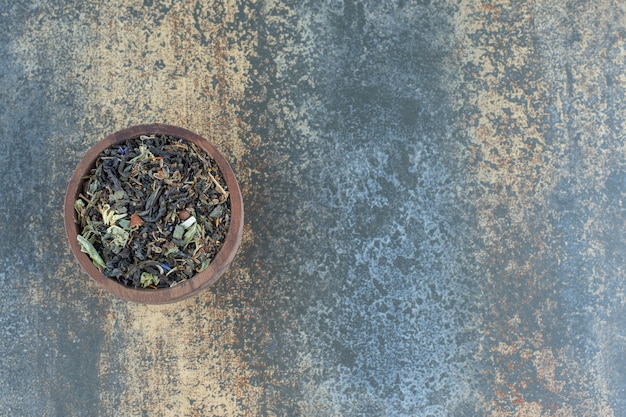
Thyme is an incredible herb from the Mediterranean, with a history that spans thousands of years. Part of the mint family, this aromatic herb can grow up to about 15 inches tall and features small, rounded leaves and pink flowers on woody stems. While thyme is now widespread across North America, it originally came from the southern Mediterranean. Its name is believed to come from the Greek word “thumus,” meaning courage. In the Middle Ages, knights would wear thyme on their armor, thinking the scent would give them strength in battle.
These days, thyme is widely used as a spice. Its aromatic and rich flavor makes it perfect for soups, stews, and marinades. I like to include it in homemade herbs de Provence and other spice blends. Besides its culinary uses, thyme is also a common natural remedy, although it should be used cautiously due to its potency. Because it’s part of the mint family, I often use it aromatically for respiratory issues.
Traditionally, thyme has also been known for its medicinal properties. It’s particularly recognized as a remedy for lung issues, like whooping cough and shortness of breath, and is said to be harmless enough for general use. It’s also been used to make ointments for hot swellings, warts, sciatica, and more. Thyme can be beneficial for the stomach and offers relief for those with gout.
Nowadays, herbalists value thyme for its expectorant and antibacterial qualities, often using it in preparations to support respiratory health. Its essential oil acts as a strong disinfectant and natural preservative in many skin products, guarding against microbial spoilage. Recent studies have backed up its broad range of benefits, even highlighting its antioxidant properties, which could have anti-aging effects.
However, caution is advised when using thyme medicinally—always consult a healthcare professional first. Many sources recommend against taking thyme oil internally and caution that the leaf should not be used in large amounts internally either. Pregnant women should avoid it except in normal culinary quantities, and it shouldn’t be used on babies or small children. People with thyroid issues should be extra careful, as thyme can stimulate the thyroid and affect heart rate and breathing. It can also trigger allergic reactions, especially in individuals allergic to rosemary.
When used as an expectorant, thyme is particularly beneficial for respiratory problems. Instead of taking it directly, I prefer using it with other herbs in a facial steam to ease coughing and congestion.
Have you ever used thyme? How do you incorporate it into your routine?

